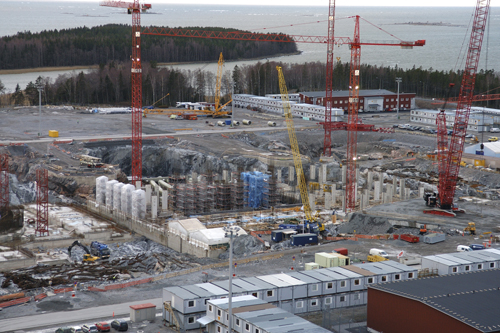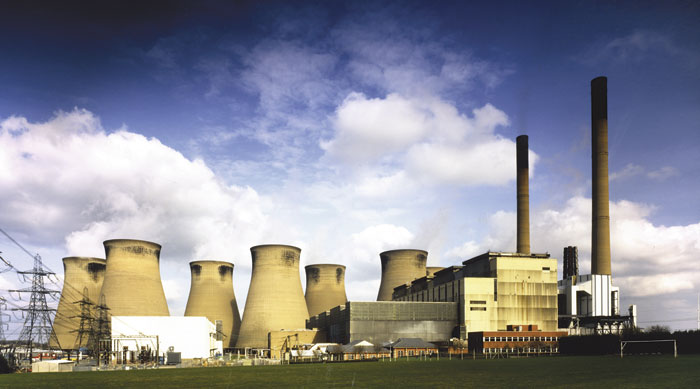Confident that Horizon will be able to adhere to the previously stated timeline for construction at Wylfa, Alan Raymant, Chief Operating Officer, has openly expressed his views to the Welsh Affairs committee, pushing some of the key doubts associated with EDF’s Somerset project aside and clarifying his confidence. The Hinkley Point project came under scrutiny following the reported resignation of Thomas Piquemal, its Finance Director after an apparent quarrel over the decision made by EDF to continue on with a decision on a final investment next month. His reasons, as might be expected, highlighted his views that this decision may place the company in a position of severe financial concern. However, regardless of the delays being incurred on EDF’s project, Alan Raymant is adamant that this will have no bearing on the timetable arranged for Horizon, highlighting that, while the Hinkley Point project is of great import, it is not, however in a position where the two projects’ success are tied together. He commented, “We observe with interest and look to learn from that project but we’re not dependent upon it.” Highlighting one of the key differentiators between the project at Wylfa, as opposed to Hinkley Point, Alan Raymant explained that the Horizon plant is set to utilise highly advanced boiling water reactor technology, which is a technology already to have a tried-and-tested success rate as reported in Japanese plants. Construction for the project is expected to commence by the year 2018, however this date remains an estimation and depends upon the Office for Nuclear Regulation’s design assessment as well as the forming of an agreement on the strike price with the government itself. Yet, once again maintaining optimism, the company is confident that an arrangement will successfully be made with the government and so, the project will see no hitched in this department either. Of course, with keen backing from Hitachi, which bought Horizon in 2012, the company’s commitment to the project and its completion is also notable, with there still being room for discussion for additional investors to chip in to the £10bn project.







